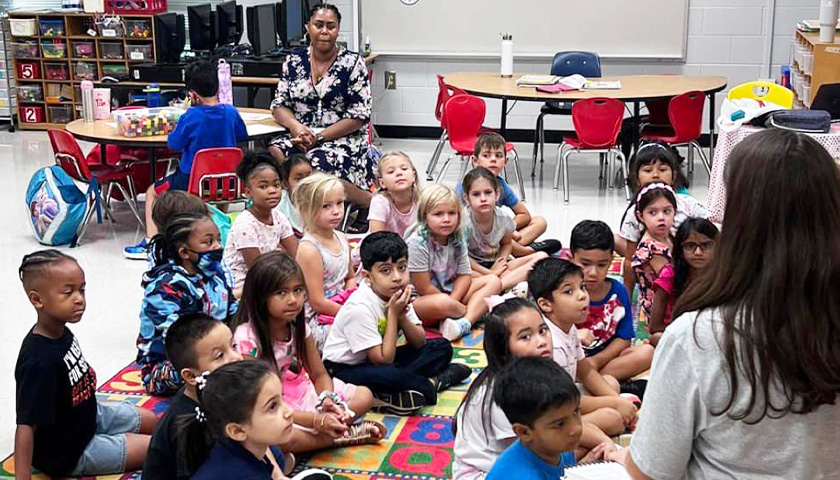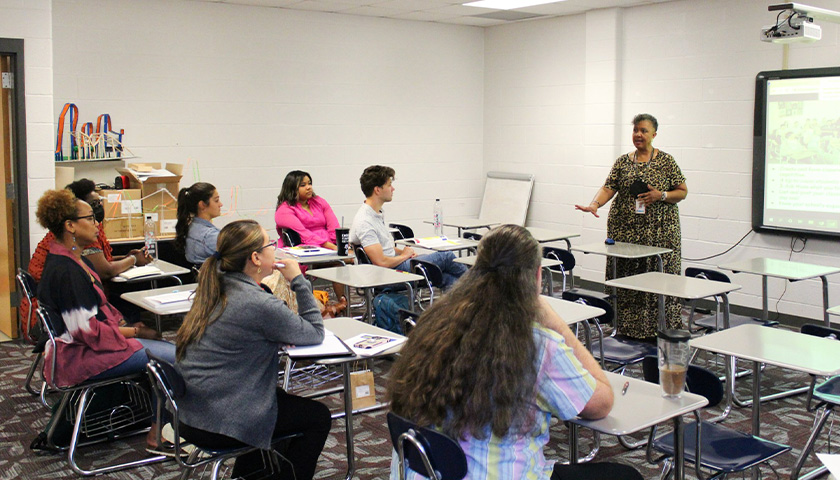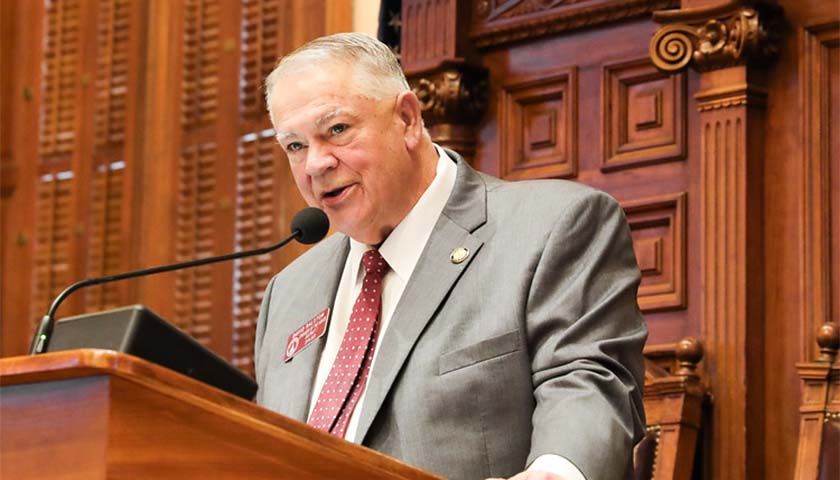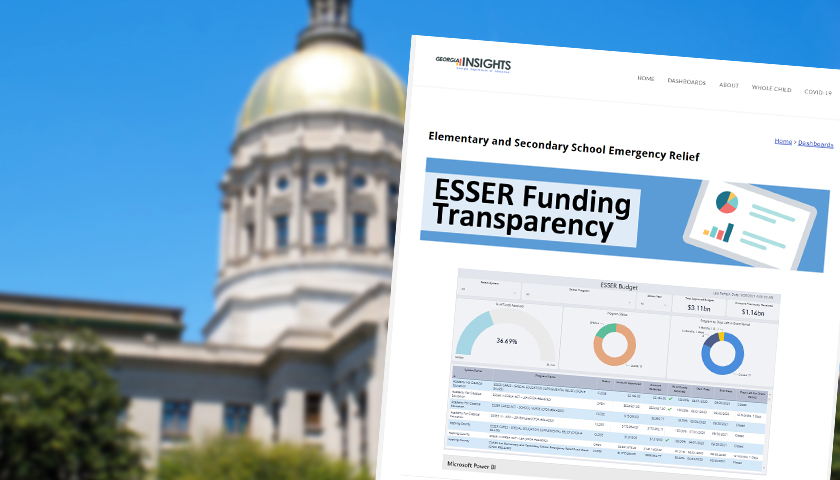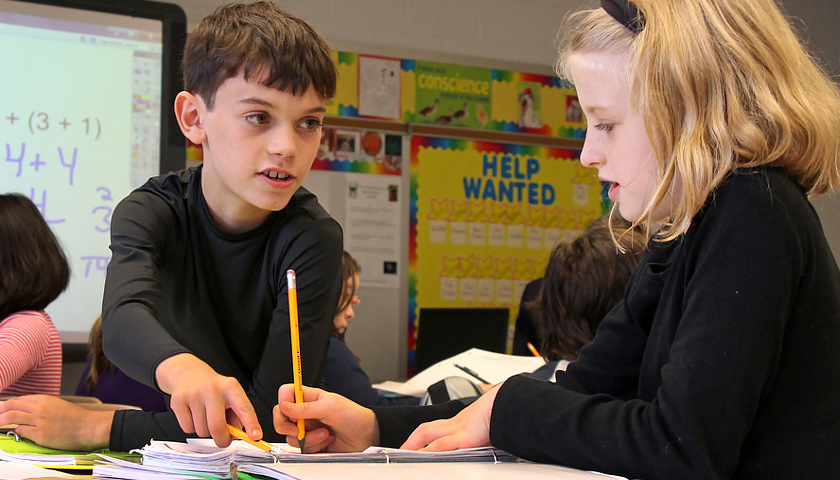Data from the College Board shows that Georgia’s Advanced Placement pass rate has climbed to 15th in the nation.
While that’s an improvement from 17th place the past three years, the ranking has been more or less stagnant in recent years, according to numbers the Georgia Department of Education provided to The Center Square.
Read the full story

